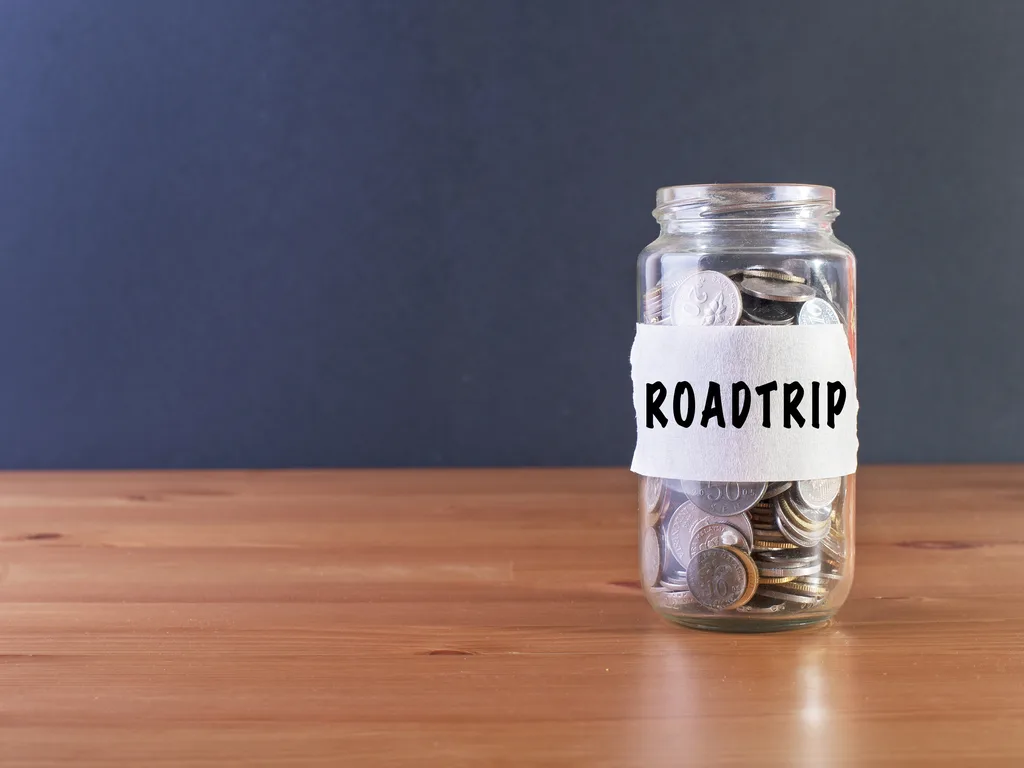
Purchasing a house is a major commitment. Whether you are going from living with a relative or renting an apartment to buying your home, financing a house takes a lot of planning.
Being a homeowner comes with responsibilities and costs you may not see in advance. Usually, these unexpected fees come in the form of insurance, inspections and closing costs.
As a result, you may find yourself paying more for a house than you initially anticipated.
Luckily, there are different first-time home buyer grants and funding opportunities that can help you offset these costs. Some of these opportunities are available at the federal level, while others come from other organizations.
In order to find the best types of first-time home buyer programs for you, you need to do some research.
However, these funding options may be able to save you substantial amounts of money once you purchase your house.
Learn About First-Time Home Buyer Grants
When individuals think of financial assistance, they may think of the federal government. However, there are not many first-time home buyer grants available at the national level.
Instead, prospective buyers usually need to contact their local or state governments to learn about housing options in their areas.
Furthermore, keep in mind that different types of first-time home buyer down payment assistance grants and other forms of help may only be available to certain groups of people.
This is especially true for grant programs that are funded by independent organizations, such as nonprofits.
For example, the PenFed Foundation sponsors the Dream Makers program, a funding opportunity for military members.
Through this program, veterans and servicemembers can receive matching grants that help them afford the down payment and closing costs associated with their homes. To qualify, applicants must:
- Currently serve in active duty, be a veteran or a member of the National Guard or Reserve.
- Be purchasing homes for the first time, have not owned their own homes within the previous three years or lost their previous homes due to a disaster or divorce.
- Have household gross yearly incomes that are at or less than 80 percent of the median income for where they live.
- Be preapproved for loans and be able to provide letters of proof.
About First-Time Home Buyer Programs and Loans
Even if you are not a veteran, there may be home-buying assistance programs you can receive benefits through.
In fact, the U.S. Department of Housing and Urban Development’s (HUD) Good Neighbor Next Door initiative provides financial benefits to teachers, emergency medical technicians (EMTs), firefighters and police officers.
While Good Neighbor Next Door is not specifically available for first-time buyers, this program can help qualifying applicants who have never owned their own home before.
With this program, HUD makes it possible for prospective buyers to obtain foreclosed properties that it has obtained.
Eligible families can then place bids on the properties that are being auctioned off. If the households’ bids are accepted, they can purchase the homes for half their listing prices.
In exchange, families need to commit to living at the property for a minimum of 36 months.
Various homeowner loans are available to first-time buyers. Some of these include:
- Federal Housing Administration (FHA) loans. These loans make it more cost-effective for households to purchase properties. Generally, you do need a high credit score to qualify for an FHA loan.
- VA loans. VA loans are established in relation to the U.S. Department of Veterans Affairs (VA). There are two main types of VA loans you can receive. The first is where the VA acts as the lender you borrow from. The second type is when the VA guarantees a portion of your loan, which you obtain from a third-party lender.
- USDA loans. The U.S. Department of Agriculture (USDA) also offers loans to home buyers in rural areas. To qualify, applicants must live in an approved area and meet the program’s income requirements. This option is also available to buyers who have previously owned homes.
About the Good Neighbor Next Door Program
What is the first-time home buyer tax credit?
The first-time home buyer tax credit refers to a benefit that was introduced in 2008. President Obama made this tax provision available under the Housing and Economic Recovery Act (HERA), which was passed that year.
To offset the housing crisis, the federal government offered major tax benefits to individuals who purchased homes until the tax expired at the end of April 2010.
If you buy a home today, this means you will not receive a tax credit. However, if you purchased a home during the time when the credit was available, you may be able to collect the credit if you have not yet already.
Since a tax credit is not available now, you should look for other grant and loan options to help you save money when buying a house.
Tips to Afford Your First-Time Home Buyer Down Payment
For new buyers, one of the most intimidating aspects of purchasing a house is making sure you have the down payment you need.
A down payment on a house refers to the portion of the price you owe to purchase the home. Many sources recommend that first-time buyers put down at least 20 percent in their down payment.







